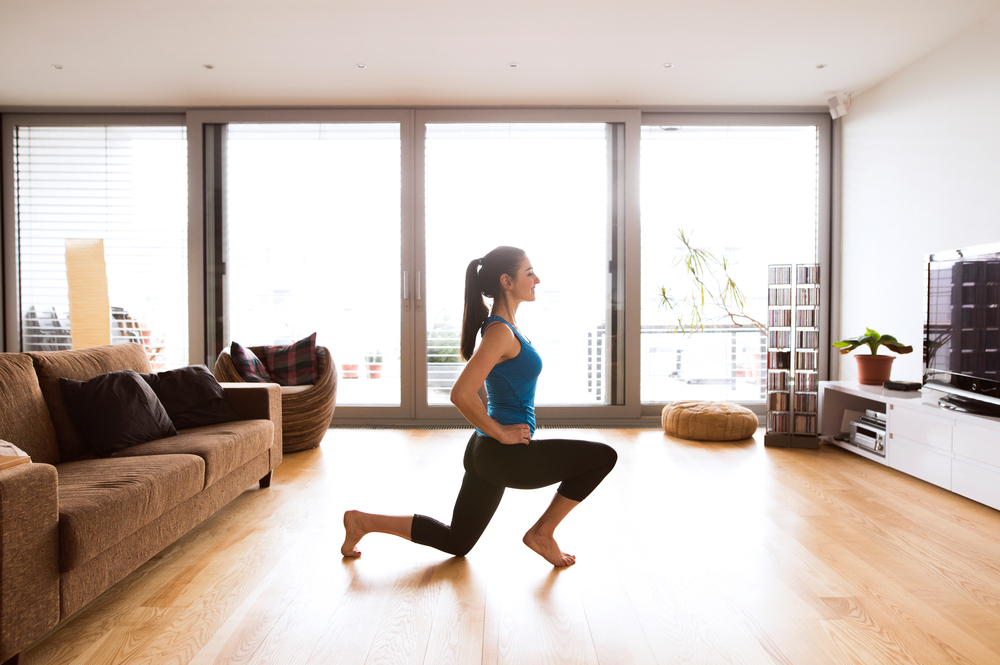
What To Eat And Drink During Exercise
As many of us are preparing for Autumn and Winter events, it’s important to think about what to eat and drink during these longer or more intense training sessions to get the best out of them.
 Eating
Eating
If your workouts are usually 60 minutes or less, then you won’t need to think about eating during a session. Your body has enough energy stored in the muscles to cope with an hour or so but after that those stores benefit from being “topped up”. If your training sessions have become longer in preparation for half, full or even ultra marathons and obstacle course races, you may need to think about fuelling on the go.
Although the body gets most of its energy from fat, fat doesn’t metabolise very quickly so carbohydrates are the fuel of choice during exercise. You’re looking to take on 70g of CHO per hour, starting about 30 minutes into your session; think little and often over the course of your workout.
What you consume is worth thinking about. Your body needs that energy source quickly so a high GI food is perfect. Bananas and dried fruits like apricots are good options if you can handle solid foods, 500-1000ml of isotonic drink also work well and tend to be easier to consume on the go or in the gym and lots of runners take gels or jelly sweets. The options are varied but ultimately it comes down to what you can stomach. The sports drink you sip in the gym probably won’t be enough on a long run and you might not be able to face the gels you eat during a triathlon when you’re running an ultra (for example). A cheese sandwich might appeal more!
Drinking
In addition to fuelling it’s important to keep properly hydrated during exercise. Even if you’re 2% dehydrated it can seriously affect your performance and your general feelings of well-being. As you dehydrate your blood becomes thicker and it takes more effort for your heart to pump it around your body.
So how to stay hydrated? You need to drink approximately 1ml of fluid for every kcal burned or 1.5 litres for every kilo lost in weight during exercise. The best way to accomplish this is by drinking little and often throughout your event or training session. Water is all you need for sessions lasting less than an hour but a sports drink is more beneficial for longer sessions. There are three main types of sports drink, all of which have a different purpose:
- Isotonic – provide carbohydrate and maintain hydration
- Hypotonic – designed to maintain hydration
- Hypertonic – used to supply carbohydrate
 During exercise you’ll want an isotonic or hypotonic drink as these are less sugary and energy dense which allows the fluid to be absorbed more rapidly. There are plenty of sports specific drinks on the market, just make sure what you’re buying suits your needs, but you can easily make your own.
During exercise you’ll want an isotonic or hypotonic drink as these are less sugary and energy dense which allows the fluid to be absorbed more rapidly. There are plenty of sports specific drinks on the market, just make sure what you’re buying suits your needs, but you can easily make your own.
Isotonic
- 500ml water
- 500ml fruit juice
- pinch of salt
Hypotonic
- 750m
- 250ml fruit juice
- l water
- pinch of salt
A final word on hyponatraemia. This is a condition that occurs when your blood sodium levels become too diluted. You’ve probably read about the occasional marathon runner who has suffered from this. It tends to affect those who are new to exercise or cover longer distances like ultramarathons or triathlons, as they tend to sweat more and have longer to take on fluids. But don’t get put off drinking during exercise. It’s important to rehydrate, just make sure you include a little sodium as well.


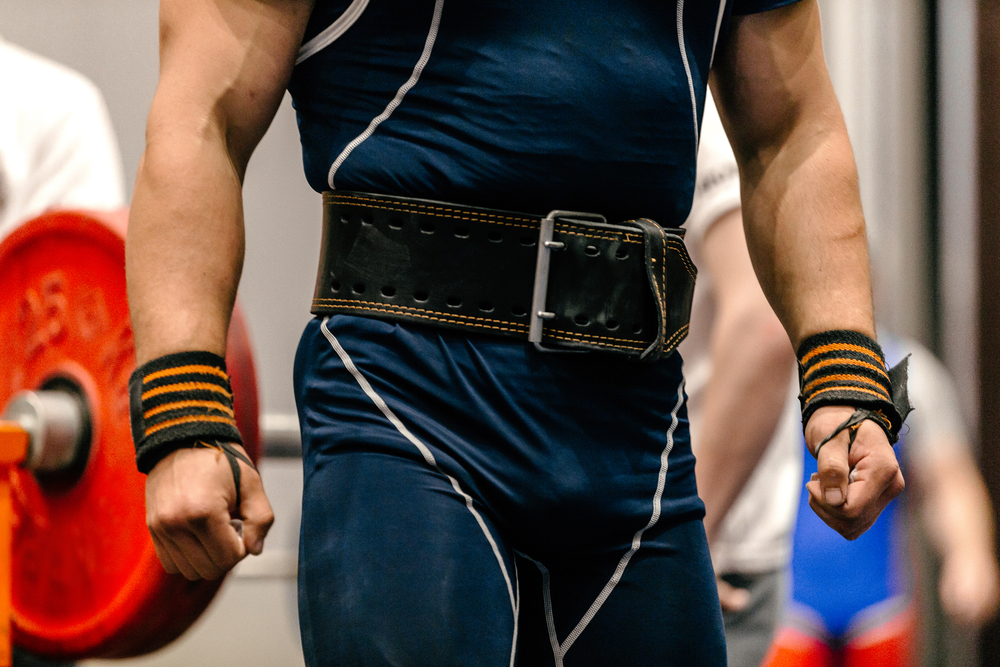
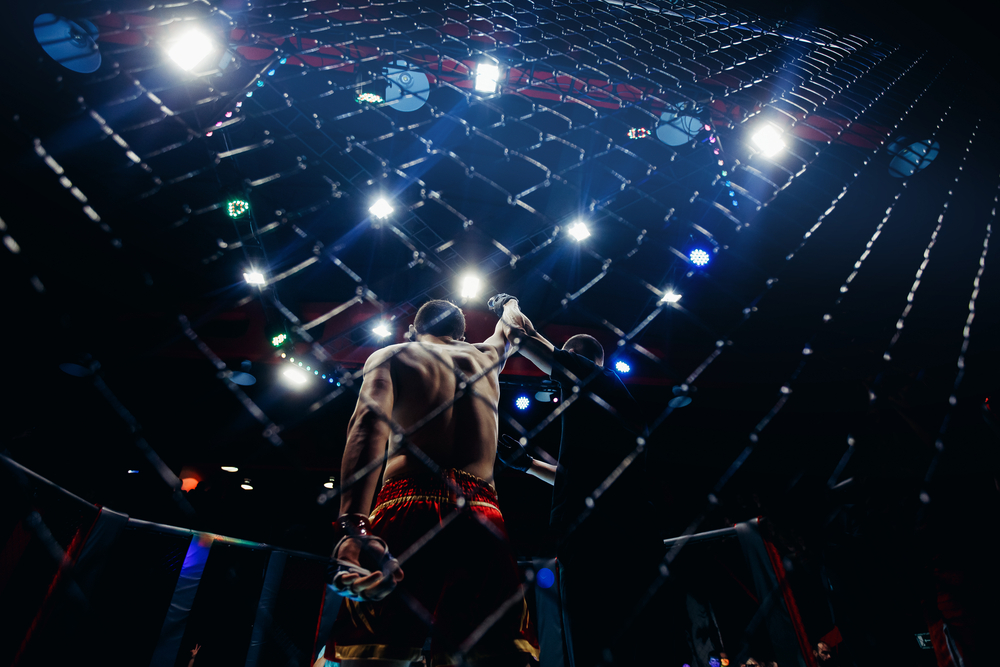
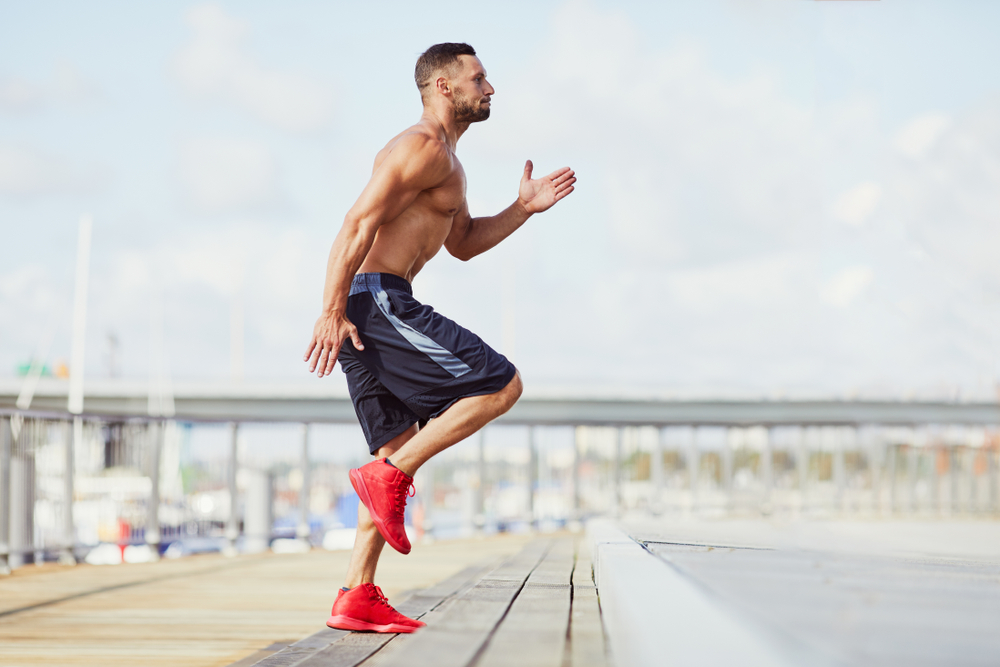
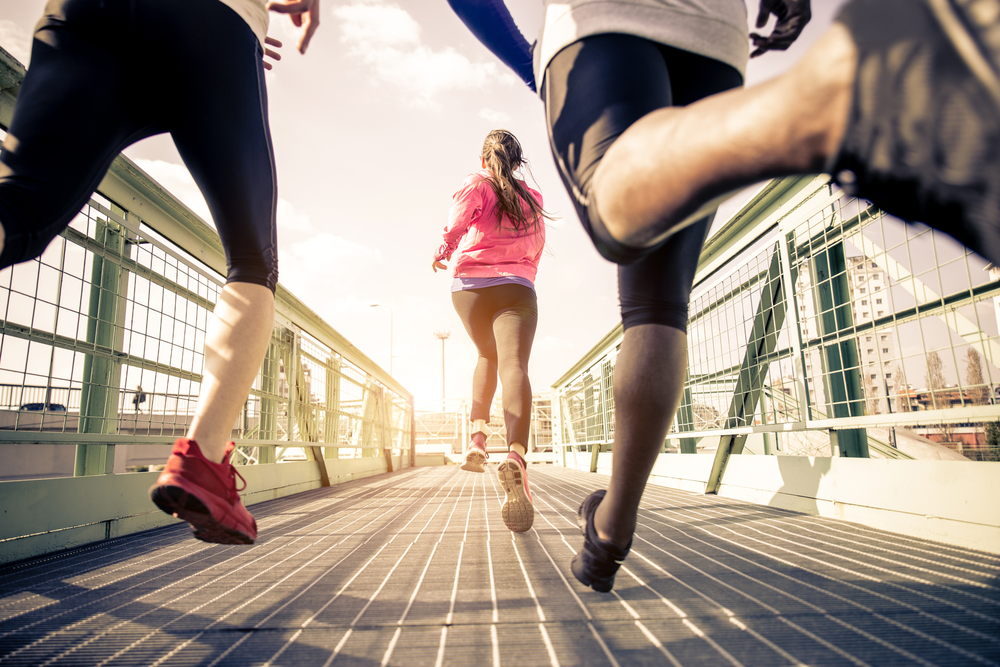
No Comments yet!